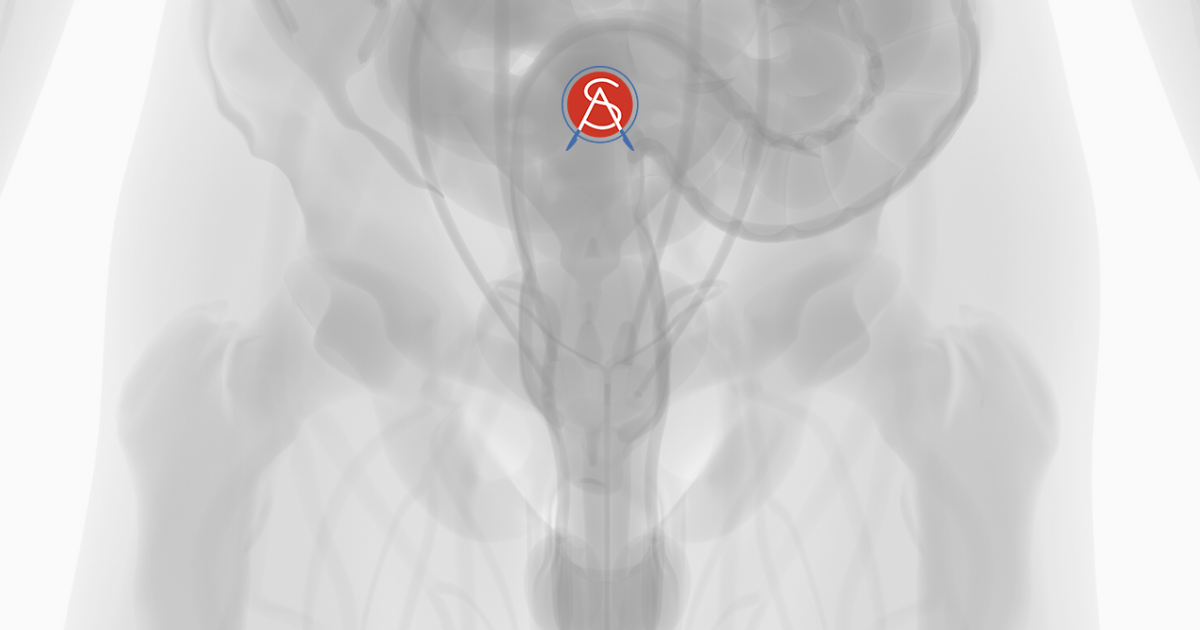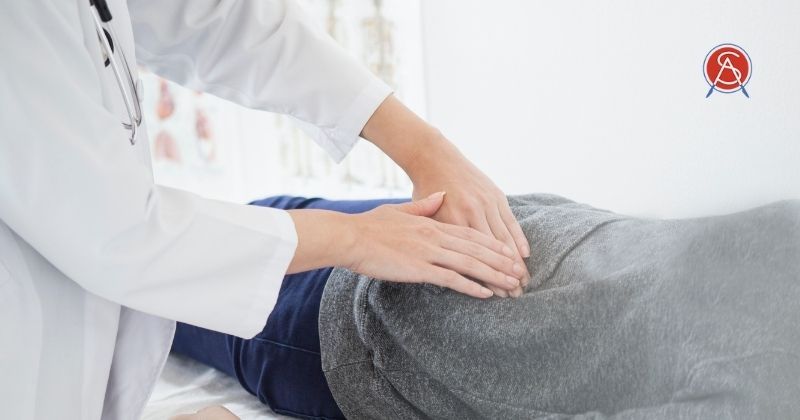Abdominal Pain
Interesting Research into Inguinal Hernias

While new technology and technique is revolutionizing hernia repair surgery, the basic risk factors for hernias have been known for a long time and continue to hold true. So, when we come across research that sheds light on the potential causes of hernias and how they develop, it can be exciting.
Northwestern University researchers have found a potential link between increased estrogen levels, lower testosterone levels and development of groin hernias. The change in sex hormone levels, a common occurrence with age, may weaken muscle tissue in the groin area, creating a perfect environment for a hernia.
Interestingly, the researchers were not looking for hernias in the study – rather they were studying the effects of hormones and breast cancer.
It is important to take the results of new studies such as these with a grain of salt as their findings are usually preliminary and require corroboration. Further, this study was performed on animals, specifically mice, which can react differently to hormonal fluctuations than humans.
With that being said, hormones play a large role in the regulation of many bodily functions. Therefore, to think that hormonal fluctuations have an effect on muscle tissue is not out of the realm of possibility. If this research is confirmed, future preventative therapies may be geared toward rebalancing hormonal levels in older men. At very least we may be able to better predict the risks of inguinal hernia in advanced age.
Related Articles
See more Articles





